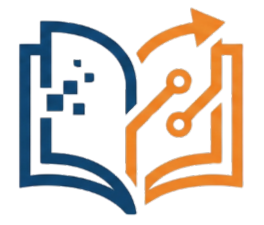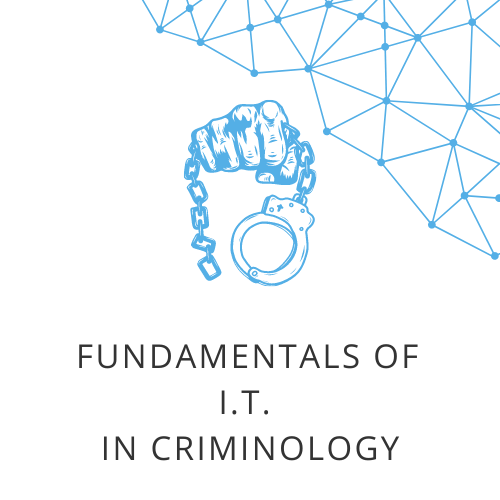Comprehensive Overview of Cybersecurity and Digital Forensics in the Philippines
Cybersecurity and digital forensics in the Philippines are multi-faceted fields encompassing various legal, ethical, and technical aspects. The Cybercrime Prevention Act of 2012 is a key legal framework that addresses cybercrimes, including illegal access, illegal interception, and data interference. The first step in digital forensics is the preservation of digital evidence, which is crucial to prevent data loss or alteration. This step is integral to maintaining the chain of custody, which ensures the admissibility of evidence in court.
In the context of cybercrimes, hacking refers to unauthorized access to personal data. Phishing, another prevalent cybercrime, involves sending fraudulent emails that mimic legitimate ones to steal sensitive information. Identity theft, often motivated by financial gain, is also a significant threat. To combat these threats, best practices such as encrypting sensitive data are recommended, aligning with the Data Privacy Act of 2012. This Act empowers individuals with the right to be informed, the right to erase, and the right to data portability regarding their personal data.
Digital ethics, focusing on moral principles guiding digital technology use, addresses issues like software piracy, exemplified by copying software without a license. In digital forensics, imaging, or creating an exact copy of a digital storage device, is a crucial practice. Non-repudiation ensures that individuals cannot deny the validity of their digital signature, strengthening the integrity of digital transactions.
Keyloggers, software that records every keystroke, are often used for malicious purposes. Malware distribution, involving the spread of harmful programs like viruses or worms, is another aspect of cybercrime. Ethical considerations in the digital realm include ensuring equitable access to digital resources. To prevent identity theft, using complex and unique passwords and sharing personal information cautiously with trusted sources are effective strategies.
A digital forensic investigator’s primary role is to analyze and interpret digital evidence. When drafting digital crime reports, it’s important to use detailed and clear language, keeping the report concise and to the point, and avoiding speculations and assumptions. Understanding legal terminologies is crucial for reviewing these reports effectively.
Online libel, spreading false information about someone online, is punishable under Philippine cyber laws. The significance of a hash value in data analysis in digital forensics lies in its ability to verify the integrity of data. Challenges in enforcing digital ethics in the workplace include the difficulty in monitoring employee activities. The Data Protection Officer plays a vital role in implementing data privacy policies in organizations.
Finally, using someone else’s Wi-Fi network without permission is considered a form of cyber trespassing. Critical thinking and analytical skills are essential for effectively reviewing digital crime reports. This comprehensive approach to cybersecurity and digital forensics in the Philippines requires an understanding of a broad range of legal, ethical, and technical aspects.

